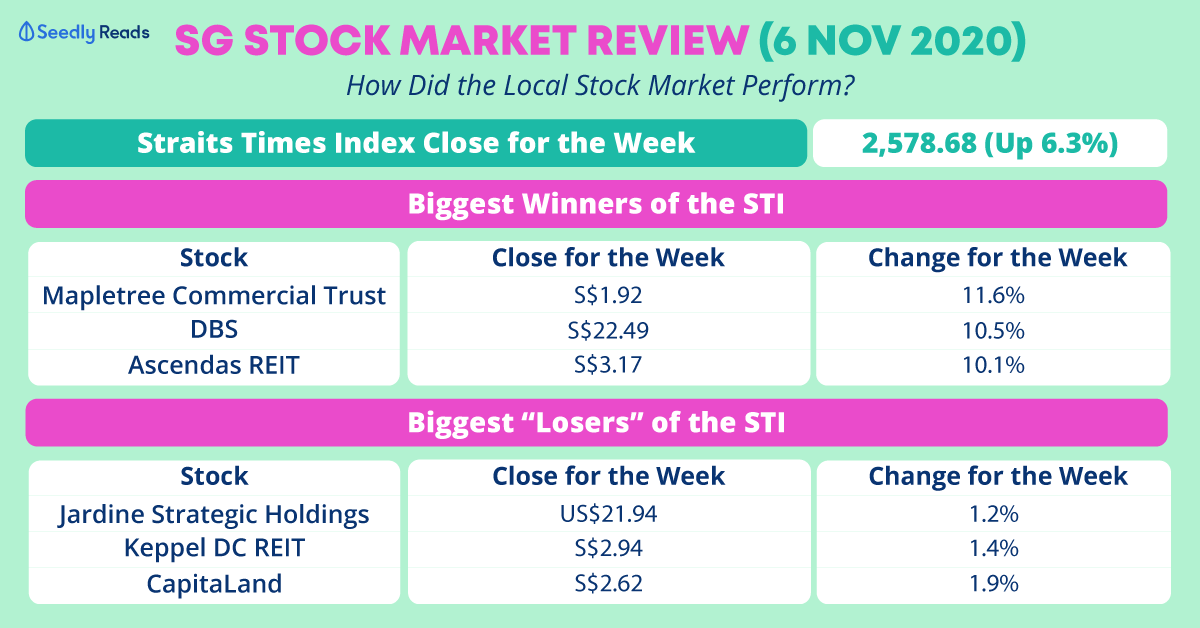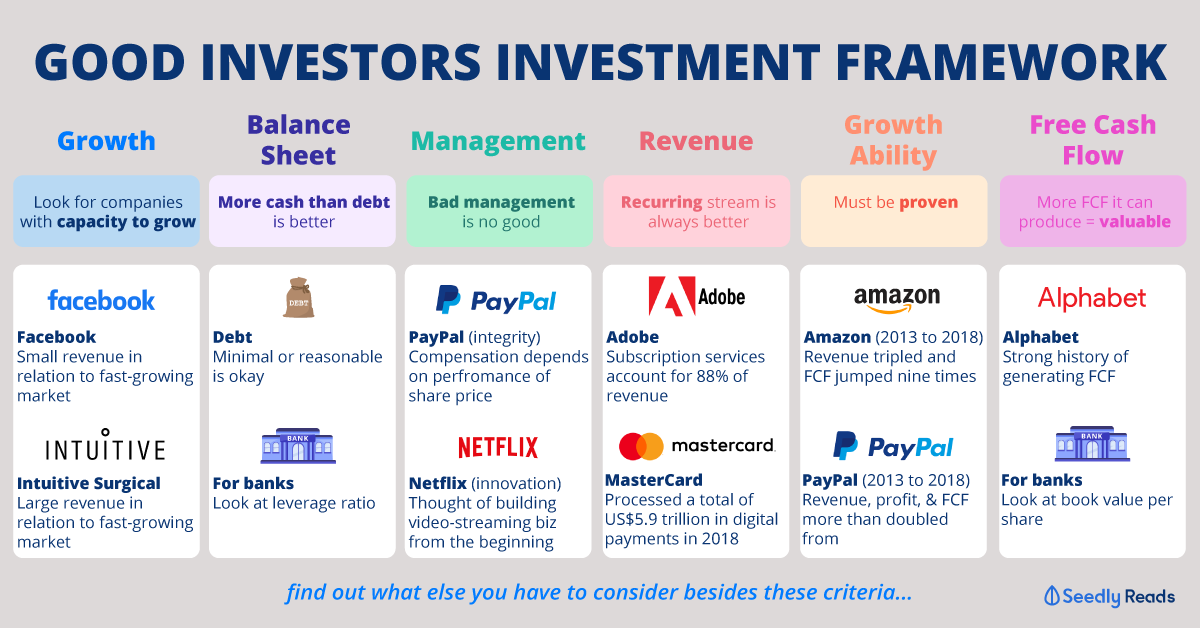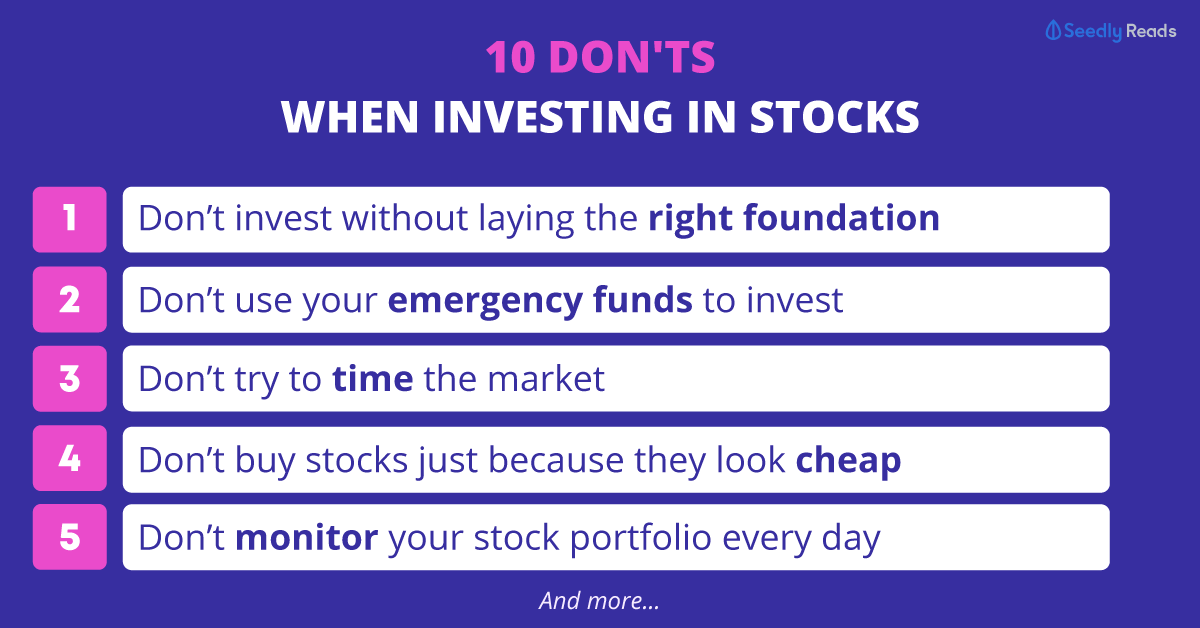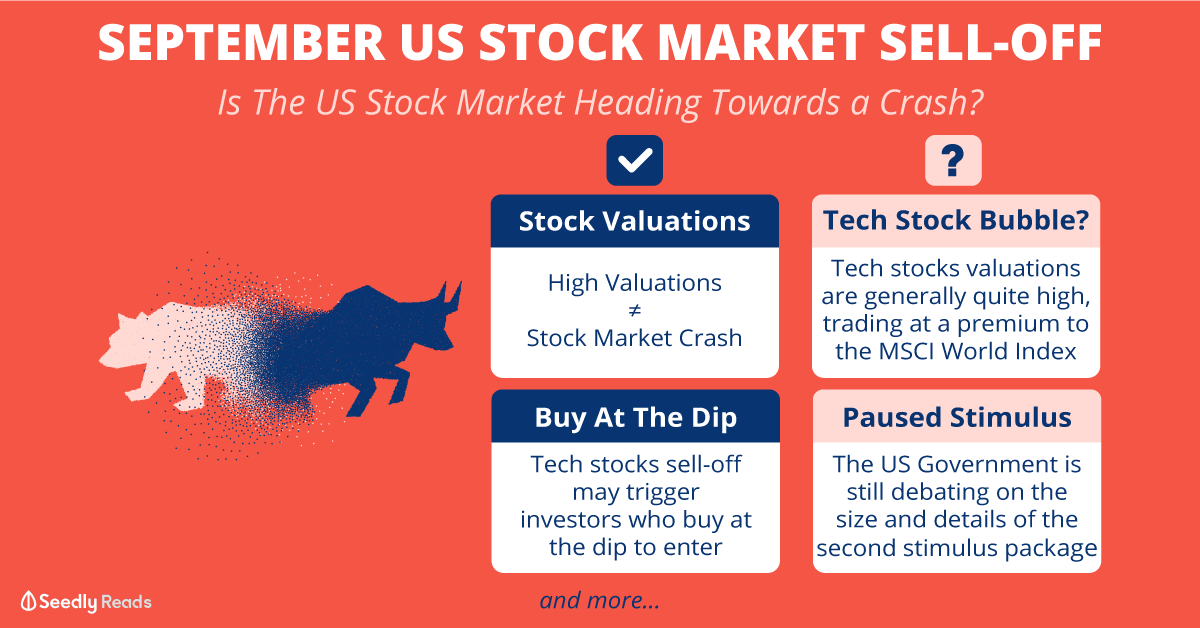First, what is the definition of "good"? If you mean to ask whether it is ethically good, it runs in the same vein as "Is AI good?" If it means amplifying developing trends, then yes it's good.
Now to address the flash crash, I wouldn't say it is "responsible" for the flash crashes in the sense that it doesn't exactly starts one (the "trigger"). Thus the trigger is usually something else, be it a comment made by a political figure, an economic data release, etc. Once triggered or ignited, a new trend is now set in place. What the algos does is that it recognizes that either instantly or after some other confirmation from other readings/indicators/signals etc, and pile in on the new trend, causing the new trend to accelerate. Once this acceleration reaches critical mass, it gains enough velocity to what the general public deems as a "flash crash".
Now, there are also other algorithms that reads into whether the market is shifting too much away from its expected value (mean reversion algos for example). When the move is deemed too much, these algos kicks in to trade the reverse direction, hence slowing down the flash crash, and then causing a sharp recovery move back to the perceived expected value. So you can also say that algos "saved the day" after a flash crash.
So there is no good or bad to algos really, they just created new ways for markets to move, that's all. We just need to recognize that, and suit our trading styles to take into account these new phenomena.









First, what is the definition of "good"? If you mean to ask whether it is ethically good, it runs in the same vein as "Is AI good?" If it means amplifying developing trends, then yes it's good.
Now to address the flash crash, I wouldn't say it is "responsible" for the flash crashes in the sense that it doesn't exactly starts one (the "trigger"). Thus the trigger is usually something else, be it a comment made by a political figure, an economic data release, etc. Once triggered or ignited, a new trend is now set in place. What the algos does is that it recognizes that either instantly or after some other confirmation from other readings/indicators/signals etc, and pile in on the new trend, causing the new trend to accelerate. Once this acceleration reaches critical mass, it gains enough velocity to what the general public deems as a "flash crash".
Now, there are also other algorithms that reads into whether the market is shifting too much away from its expected value (mean reversion algos for example). When the move is deemed too much, these algos kicks in to trade the reverse direction, hence slowing down the flash crash, and then causing a sharp recovery move back to the perceived expected value. So you can also say that algos "saved the day" after a flash crash.
So there is no good or bad to algos really, they just created new ways for markets to move, that's all. We just need to recognize that, and suit our trading styles to take into account these new phenomena.